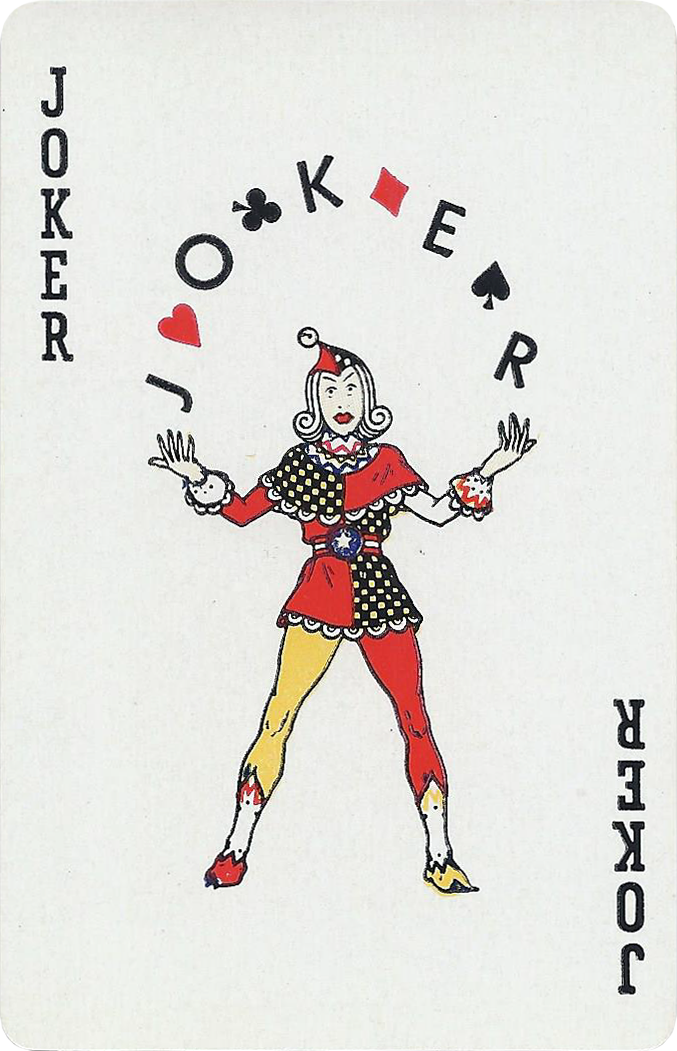Net Neutrality The Net Neutrality Pit Google, eBay, and Amazon, Against Telcos
- Post by: Public
- on: 21-12-21
As digital and telephone companies expand through mergers and acquisitions, network (''net'') neutrality, has been a hotly debated area of legislation in the United States. Contoversial statements from Telco officials, as phone networks appear to monopolize this area cvv.me, has fuelled the fire from independent Internet giants like Google, eBay, and Amazon they fear that network owners could create bias and a two-tier Internet system that puts the services of telcos first over all other services. Furthermore, there is fear that network operators could attempt to completely censor or block access to content at their personal discretion, which could lead to an unbalance of partiality.
Website Hosting Directory, decided to examine the ramifications of this polarizing and complex free speech debate, as well as the recent legislative failure of attempts to enshrine in law the concept of Net Neutrality on the United States.
Information from cable networks was traditionally considered to be content that the service provider is able to decide to regulate at will, as per the First Amendment. As more and more networks offer the same services and are under the same ownership, it has become complicated to justify and maintain different rules in light of the technology. This has lead to the issue of which rules should be used. The FCC re-classified DSL as an information service in the year 2005 in the same year an appeal to the US Supreme Court in FCC v. Brand X upheld the classification of cable Internet access as an information service.
The recent Amendment in the Senate was defeated by 269 votes to 152 . In addition, the Communications Opportunity, Promotion and Enhancement Act (Cope Act) was passed by 321-101 votes. Some are concerned that the decision could lead to Internet companies will decide on behalf of their customers what websites and services they can visit and use. The rejection of the principle of net neutrality occurred in the course of a debate over the Cope Act, which, in addition, seeks to facilitate telecom companies to provide video services around America by replacing 30,000 franchise boards in local areas with a centralized system overseen by the Federal Communications Commission (FCC).
This vote is a defeat in favor of Google, eBay and Amazon which had a frenzied lobbying campaigns prior to this vote at the House of Representatives. Rep. Fred Upton, head of the House Telecommunications Subcommittee, indicated that competition could result in consumers being able to save between $30 and $40 per every month in Internet access charges. A Amendment to the Act sought to add clauses that essentially would demand that Internet service providers take all data transmitted through their cable, equally. The amendment was thought to be required after the FCC abandoned its rules that provided the net neutrality.
Catherine England, a spokseperson for eBay, commented, ''eBay supports net Neutrality legislation that will prohibit Network Operators from replacing the strong open Internet with ''Pay to Play'' private networks that would make it difficult for and discriminate against services and content providers that will not pay new tolls. The Internet is an international network founded on the idea of openness. It could even connect all people to everybody. We've seen this with eBay, PayPal, and Skype, the Internet has the potential to create communities on a scale that has never been seen before. The replacement of the Internet with technologically advanced but closed private networks could end our Internet as we know it, and will limit the ability for Internet users to access a global market. Small business sellers depend on this global community and may be the most affected by new fees and tiered services that block clients who are already there from accessing their sites."
House Democratic chairman Nancy Pelosi commented, that without the Amendment that cable and telecom companies can establish toll lanes on the information superhighway. This is at the core of the equal and free quality of the Internet." Speaking at a gathering in May, web founder Sir Tim Berners-Lee warned the web could be entering an ''infrastructure-deficient period' when access providers could decide which traffic to prioritize.
Some critics of the Amendment said it would bring in unnecessary government regulation. Prior to the vote Internet companies worried about the effect of the amendment on their business and made a huge effort to lobby in favor of the Amendment in the hope that their websites will be difficult to access or they will be forced by law to pay for the guarantee that they are accessible to Internet users.
In a press release by NETCompetition.org, Meg Whitman, the Chief Executive Officer at eBay sent more than one million members of the auction site , asking for their support of net neutrality, while Eric Schmidt, CEO of Google asked employees at the search company to be supportive of the idea and even film stars such as Alyssa Milano also backed the Amendment.
The exact interpretation on the meaning of "net neutrality" is a source of controversy due to the highly polarized usage of the term to describe the present and potential usage of the Internet as well as the proposed role of the government in the regulation of internet-related commerce and communications. Based on Columbia University Law Professor Tim Wu"net neutrality" is a term that originally identified network bias toward or against particular types of software or providers of information or services. Based on Mr. Wu's analysis that the Internet isn't neutral but should strive to be. Referring to bias in Transmission Control Protocol/Internet Protocol (TCP) against real-time applications to illustrate the point, this unpolitical and technical view has been embraced by telcos and cable companies in opposition to new regulations.

Comments